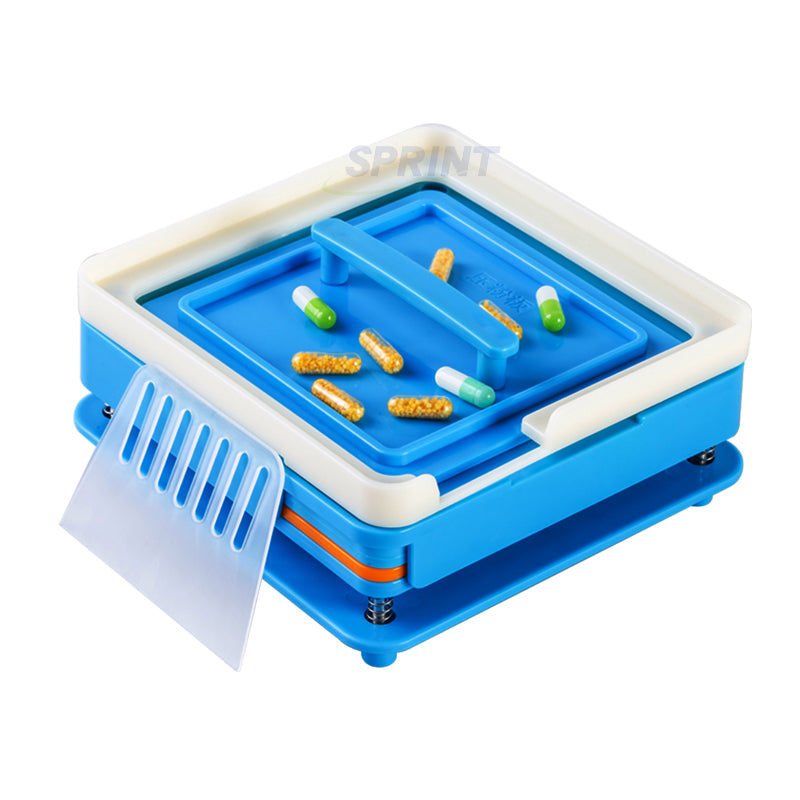Soft gelatin capsules, also known as soft capsules, are larger than solid gelatin capsules and require special manufacturing equipment, such as a rotating capsule machine or dispenser, the principle of droplet production used to make capsules. And so on. The rotating capsule machine can produce capsules and refills. Production rate ranges from 25,000 to 30,000 capsules / hour. Gelatin in soft capsules generally contains 20-30% by weight of a plasticizer such as glycerin, sorbitol or ethylene glycol. The cost and choice of plasticizer can affect the strength of the final product, possibly diffusion or marking, as well as physical and chemical stability. The composition of the plasticizer is chosen to minimize contact or movement between the coating and the soft gel shell. Preservatives such as beta-naphthol can be added to inhibit the growth of bacteria and gelatin. Colors can be added to the cover and are very fun. The amount of gelatin in the capsule at room temperature and humidity was measured. Soft gels generally have a moisture content of 30-40% in the water system, ideal for proper handling during gel preparation and soft gel coating. After filling the capsules, the gelatin slowly dries until the final capsules contain 6-13% water. Soft gels come in many shapes and sizes, e.G. Cylinder volume - 0.15-25 ml;
oval - 0.05-7 ml;
ube amount - 0.3-5 ml
weight - 0.05-5 ml;
soft gels come in three sizes: pure substances, especially oils, such as cod liver oil
resource - devices that break down into forms such as oil (e.G., Soybean), polyethylene glycols, or soluble gelatin shells (e.G., Dimethyl isorbide and diethylene glycol).
suspension or paste - can hold up to 30% solids without viscosity and density being a problem.
if desired, a small amount of water or alcohol (up to 10% by volume) is added to the mixture to stabilize it. Glycerin can be added to prevent the plasticizers from breaking down in the gelatin into the container. 10% by weight of polyvinylpyrrolidone and polyethylene glycol were used to stabilize the coating. Besides being soluble in water and damaging shea gelatin, many products are not suitable for soft gels. Also, substances that are not stable in the presence of water, such as aspirin do not exhibit full chemical stability in soft capsules.

